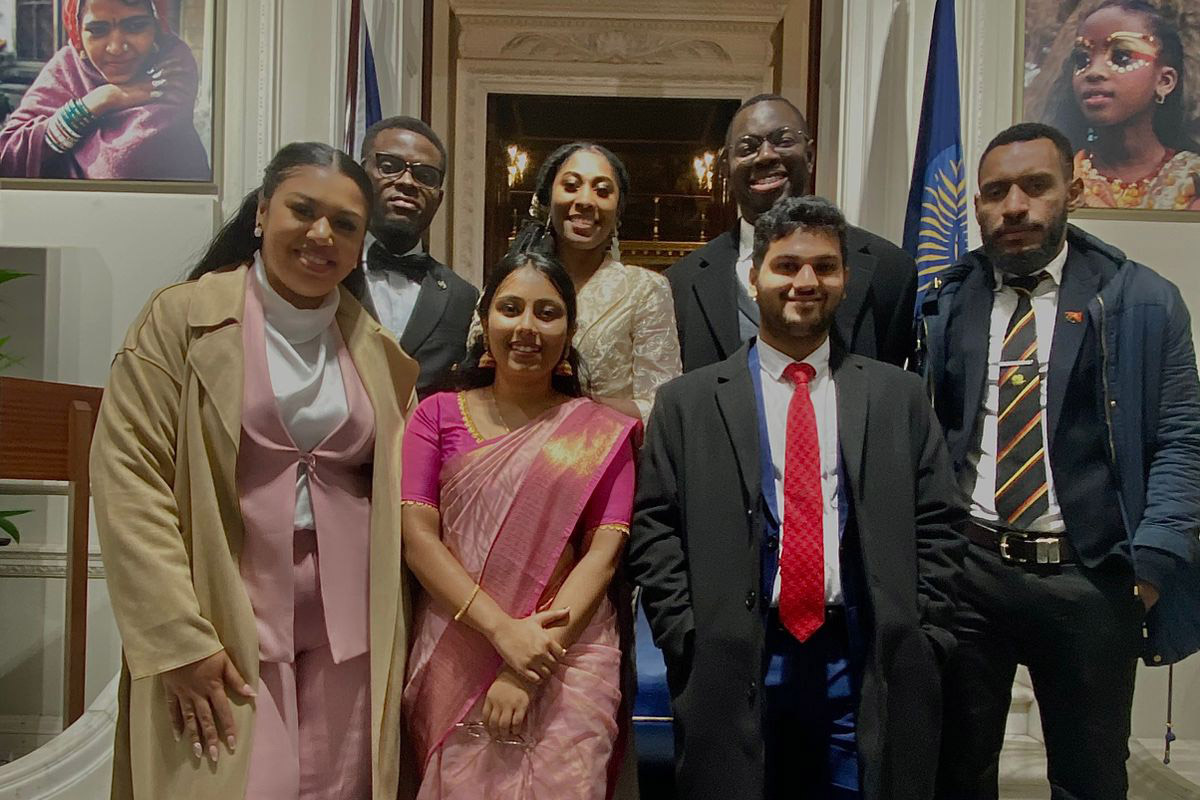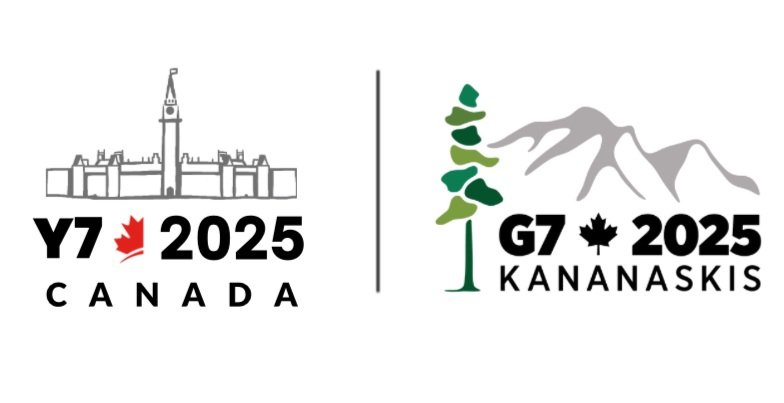Australians to vote in referendum to enshrine indigenous ‘Voice’ in the Constitution
June 29by Cody Mitchell
Australia’s Senate has officially passed the legislation to hold a referendum to enshrine an Indigenous advisory body—known as the Voice to Parliament—in the Constitution. It comes as support for the proposal continues to decline.
Before the end of this year, Australians will head to the polls to vote on a proposed amendment to the Commonwealth Constitution—namely, to establish a national body to advise parliament and the executive government on issues relating to Indigenous peoples.
As I have written previously, the Voice has faced both opposition and support from across the political spectrum. There is no clear-cut division between left and right, although the Labor government supports the Voice, while the opposition leader does not.
At a grassroots level, however, support for the proposed constitutional alteration has been steadily declining. Last year, support was comfortably over 60 per cent, while less than 40 per cent of Australians opposed the concept of a national Indigenous Voice.
Since then, polls have consistently shown that a majority of Australians support the change—although that majority has gradually shrunk.
This month, one of Australia’s most authoritative political surveys—Newspoll—commissioned by The Australian newspaper, found that support had officially fallen below a majority. It was the first time that most Australians indicated that they did not intend to support the constitutional change.
The poll was particularly significant as it was the first survey to use the actual question that will be put to Australians later this year.
Just days later, a Resolve Strategic poll—published in the Sydney Morning Herald and The Age—found that, when given a simple yes or no question, a majority of Australian voters (51%) opposed the constitutional Voice.
Perhaps more significantly, a majority of voters in three states—Queensland, Western Australia, and South Australia—now back the No campaign.
In Australia, for a referendum to pass, it requires a double majority—a majority of Australian voters overall, and a majority of voters in a majority of the six states—to succeed. On this metric, the Voice proposal would currently fail.
The Resolve Strategic research also found that “No” voters were more decided on their choice, while the remaining “Yes” voters were “wavering”.
Despite fears from Yes campaigners that the referendum could fail, Australia’s Labor prime minister, Anthony Albanese, has dismissed the possibility of changing the constitutional wording to eliminate concerns and make it more likely to gain support.
With the legislation to initiate the referendum now having passed both the House of Representatives and the Senate, Australian voters will go to the polls before the end of the year to have their say on the proposed constitutional alteration.






